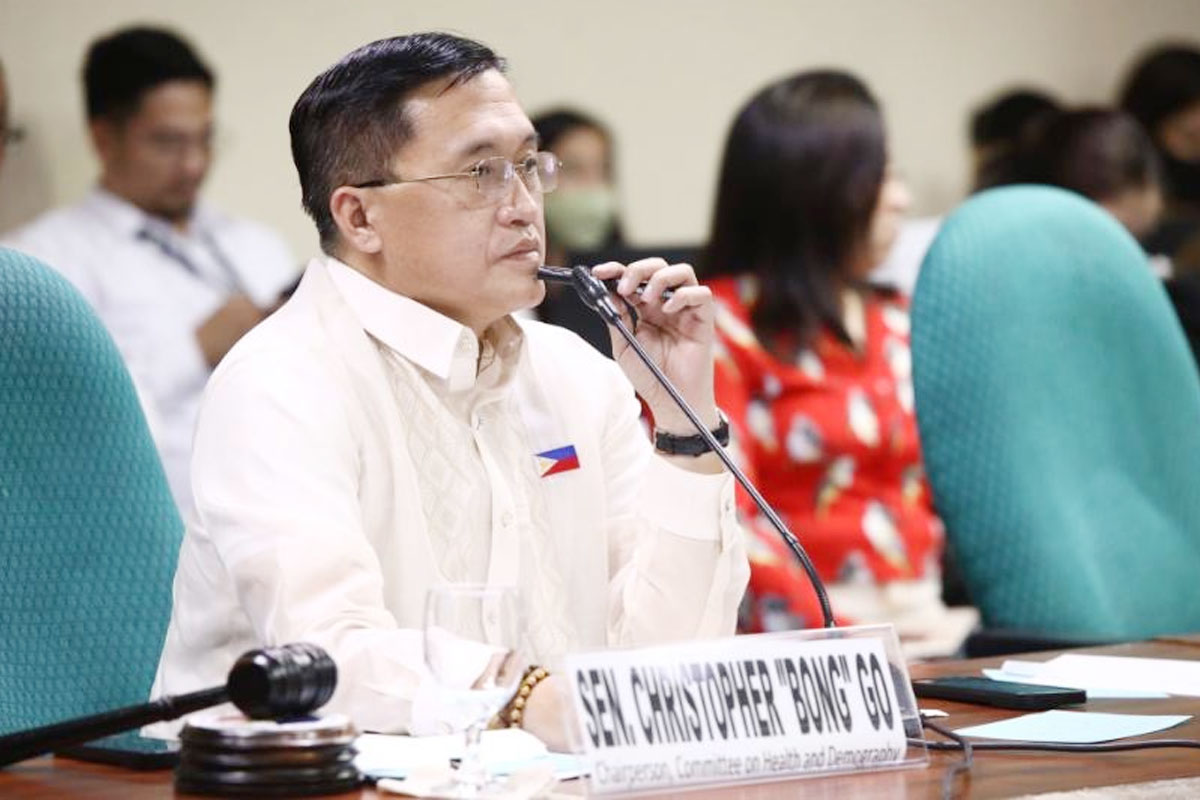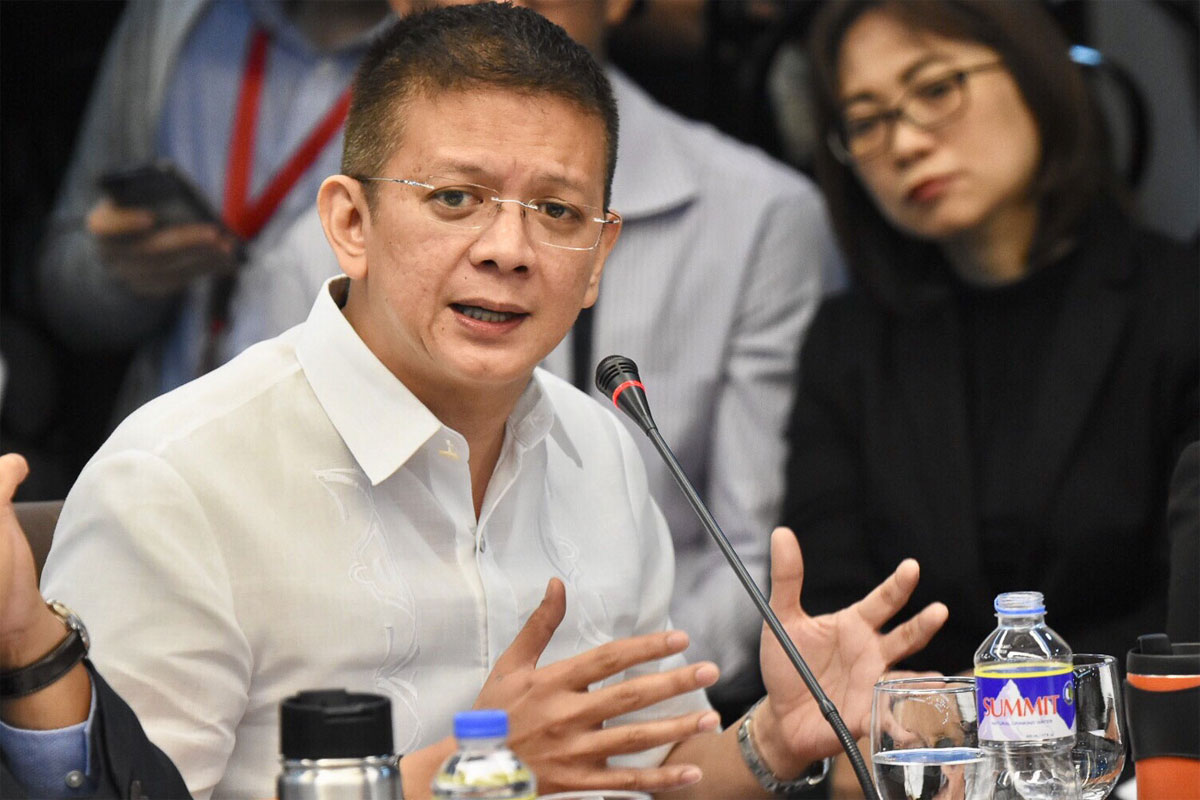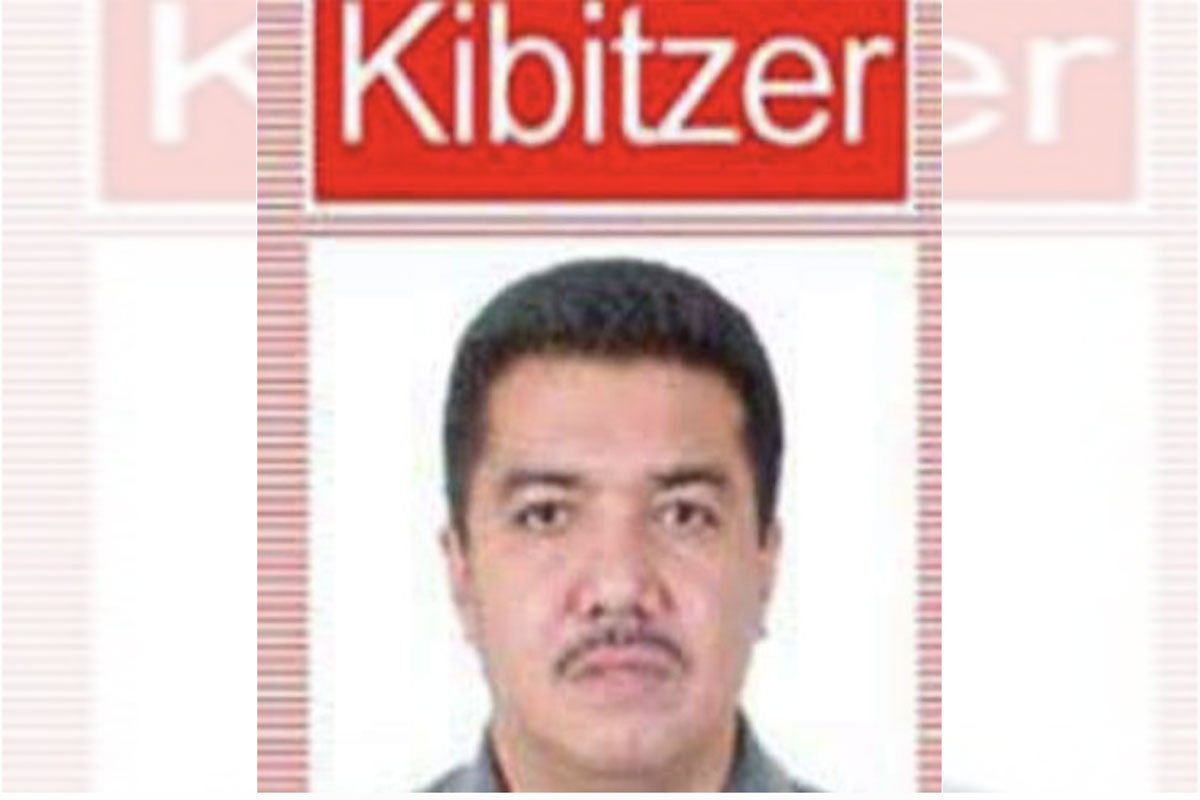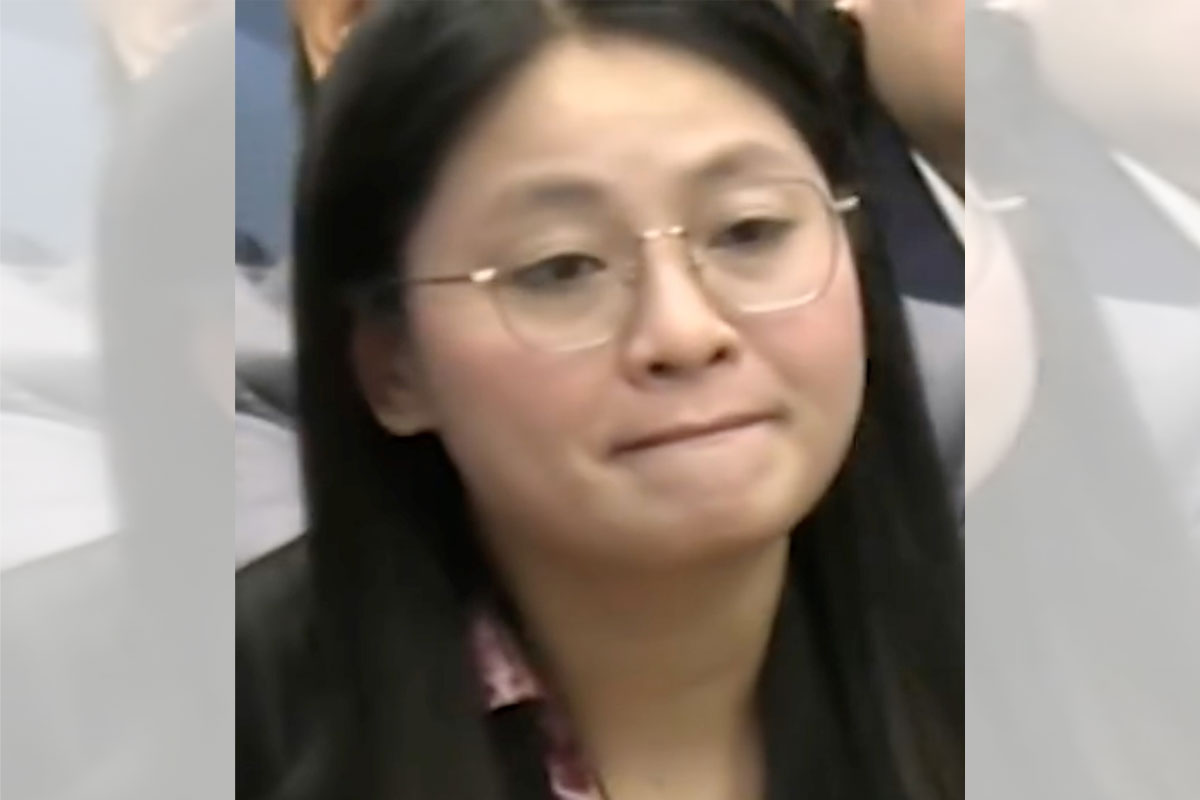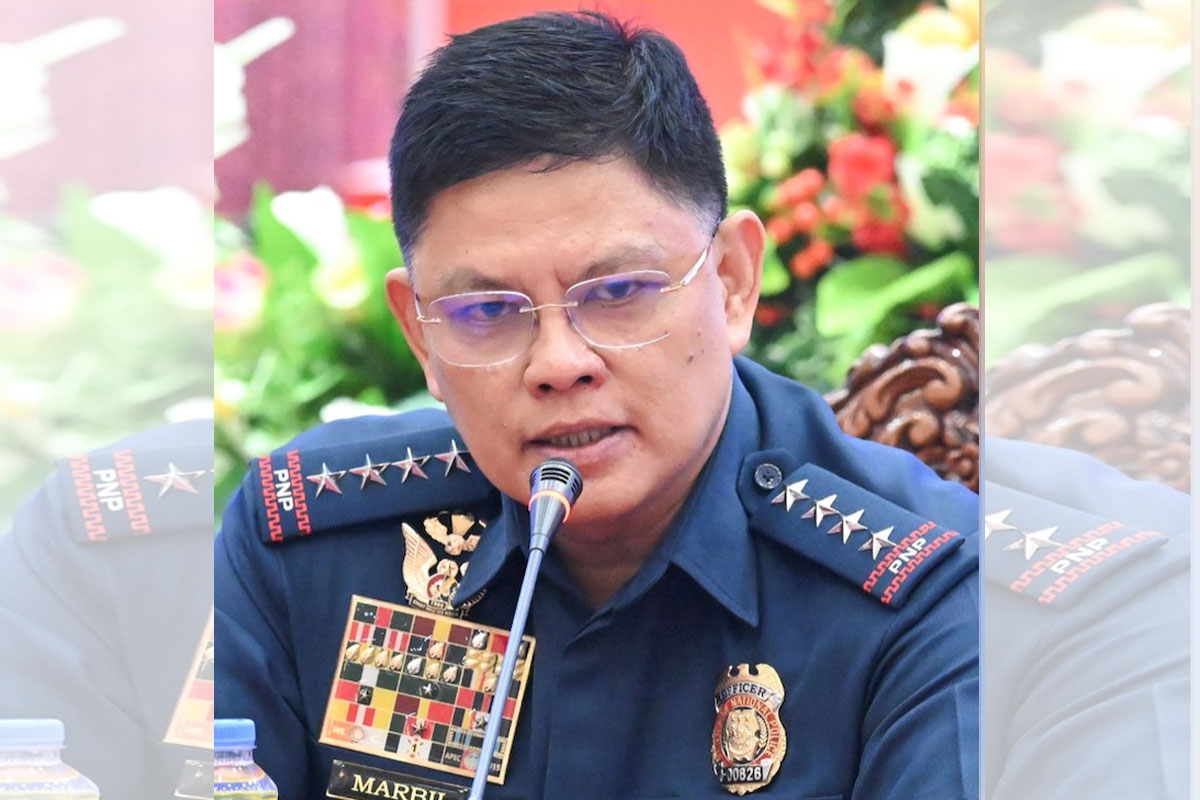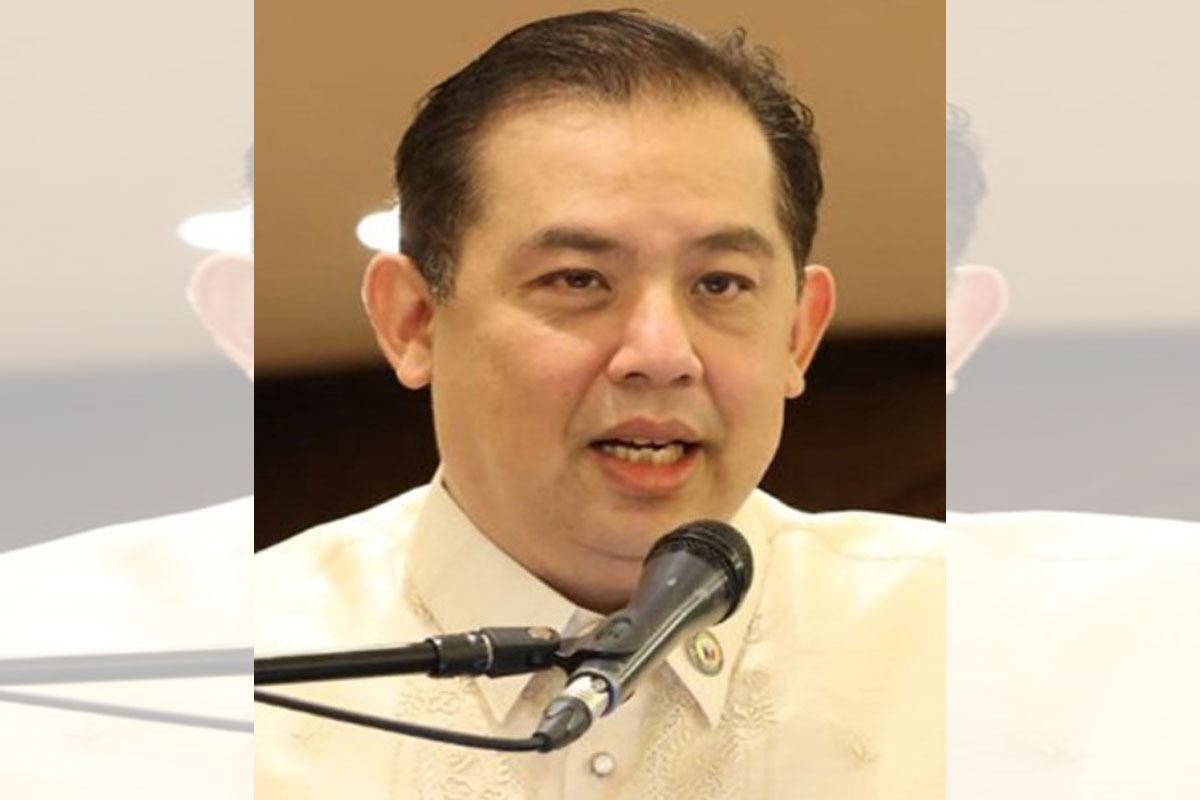
Speaker Romualdez seeks passage of resolutions concurring with PBBM’s amnesty for rebels — head
Before Xmas break
SPEAKER Ferdinand Martin G. Romualdez on Thursday said the House of Representatives will act with dispatch in an attempt to approve before their Christmas break the resolutions concurring with the proclamations issued by President Ferdinand “Bongbong” R. Marcos, Jr. granting amnesty to rebels who have committed crimes in furtherance of their political beliefs.
On Wednesday, Speaker Romualdez and other House leaders filed House Concurrent Resolutions No. 19, 20, 21, and 22, concurring with the amnesty proclamations President Marcos issued earlier in favor of various rebel groups. These were referred to the House committee on justice for deliberations.
“We will act with dispatch on these concurrent resolutions and we will strive to approve them before our Christmas break so that rebels who sincerely desire to return to the fold of law and lead normal lives, along with the members of their family, and our nation in general, could enjoy the blessings of peace as soon as possible,” Speaker Romualdez said.
“The timely adoption of these concurrent resolutions is attuned with the spirit of hope, peace and joy that Christmas season brings,” added Speaker Romualdez, leader of the 300-plus-strong House of Representatives.
The amnesty proclamations issued by President Marcos to the rebels “shall take effect upon concurrence by a majority of all the Members of the Congress.”
Apart from Romualdez, other authors of the concurrent House resolutions include Senior Deputy Speaker Aurelio “Dong” D. Gonzales, Jr., Majority Leader Manuel Jose “Mannix” M. Dalipe, Minority Leader Marcelino C. Libanan, Senior Deputy Majority Leader Ferdinand Alexander A. Marcos, and Tingog Partylist Reps. Yedda Marie K. Romualdez and Jude A. Acidre.
The Amnesty Commission is mandated to issue the implementing rules and regulations covering the amnesty program not later than fifteen (15) days upon the effectivity of the amnesty proclamation.
Amnesty Proclamations No. 403, 404, 405, and 406 cover members of the Rebolusyonaryong Partido ng Manggagawa ng Pilipinas/Revolutionary Proletarian Army/Alex Boncayao Brigade (RPMP-RPA-ABB), Communist Party of the Philippines-New Peoples Army-National Democratic Front (CP-NPA-NDF), Moro Islamic Liberation Front (MILF), and Moro National Liberation Front (MNLF), respectively.
The resolutions express the support for the government “in nurturing a climate conducive for peace, and in implementing programs for reconciliation and reintegration of rebels into mainstream society.”
Likewise, the resolutions convey that both Houses of Congress recognize the need to act on rebel returnees request for the grant of amnesty so that they may live in peace in the pursuit of productive endeavors.
As far as the members of secessionist movements in the South, the concurrent resolutions said both Houses of Congress share the view that the granting of amnesty enables the delivery of an important commitment of the government under the Comprehensive Agreement on the Bangsamoro, particularly the gradual normalization of the previously conflict-affected areas.
It would likewise provide a meaningful and complete transformation and assimilation of the decommissioned combatants into peaceful and progressive lives toward national reconciliation and healing in the Bangsamoro.
The authors of the concurrent resolutions pointed out that transforming armed combatants into productive citizens and peace partners is necessary to achieve the paramount ends of the peace process – national unity, solidarity, and progress for all Filipinos.
“…It is imperative that we concur with the amnesty proclaimed by President Ferdinand R. Marcos, Jr. for the general interest of Filipinos and for a lasting peace, unity and reconciliation,” the authors of the concurrent resolutions said.
The amnesty proclamation does not cover those charged under Republic Act (RA) No. 9372, otherwise known as the Human Security Act of 2007 and RA No. 11479, or the Anti-Terrorism Act of 2020.
Also outside the scope of the amnesty proclamations are those who facing charges for kidnap for ransom, massacre, rape, terrorism, crimes committed against chastity as defined in the Revised Penal Code, as amended, crimes committed for personal ends, violation of RA No. 9165, otherwise known as the Comprehensive Dangerous Drugs Act of 2002, grave violations of the Geneva Convention of 1949, and those identified by the United Nations as crimes that can never be the subject of amnesty such as genocide, crimes against humanity, war crimes, torture, enforced disappearances, and other gross violations of human rights.
Applications for the grant of amnesty shall be filed under oath with the Amnesty Commission within two years from the effectivity of the amnesty proclamation.




